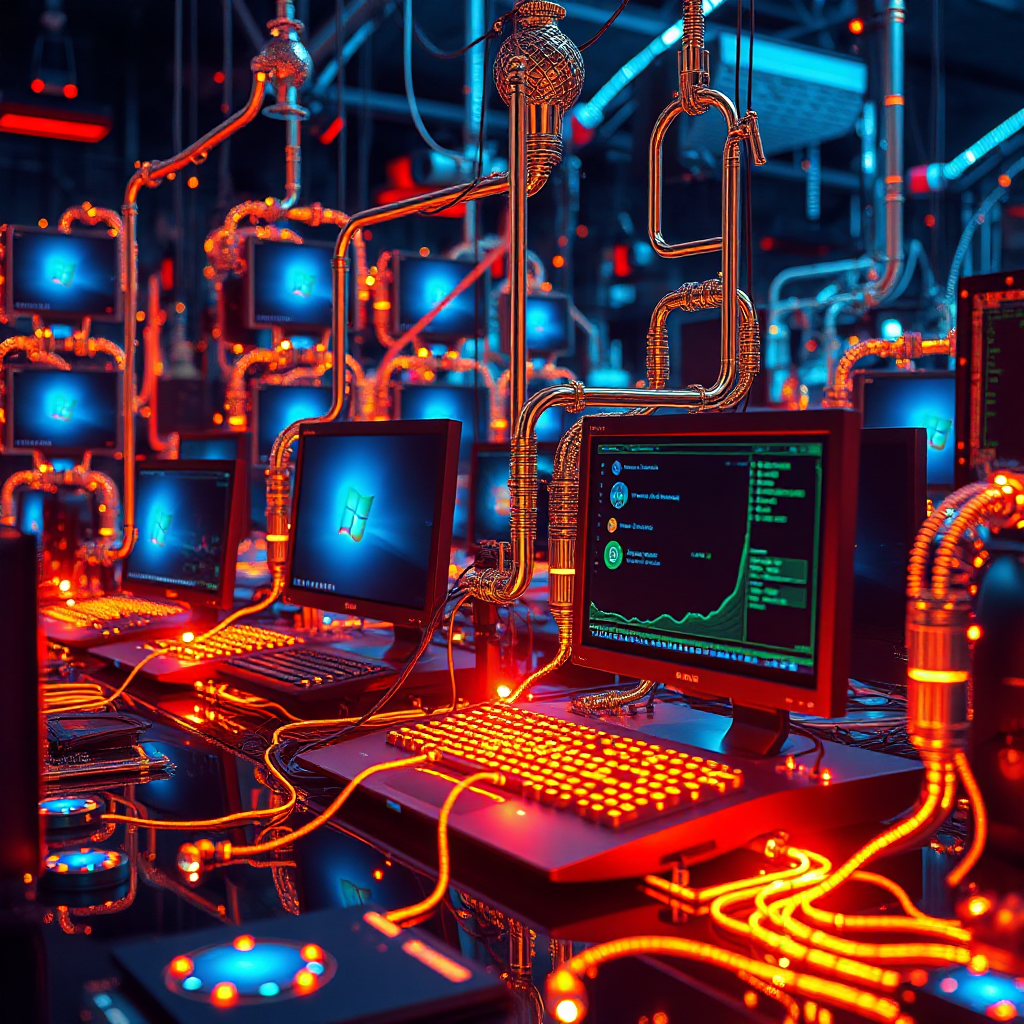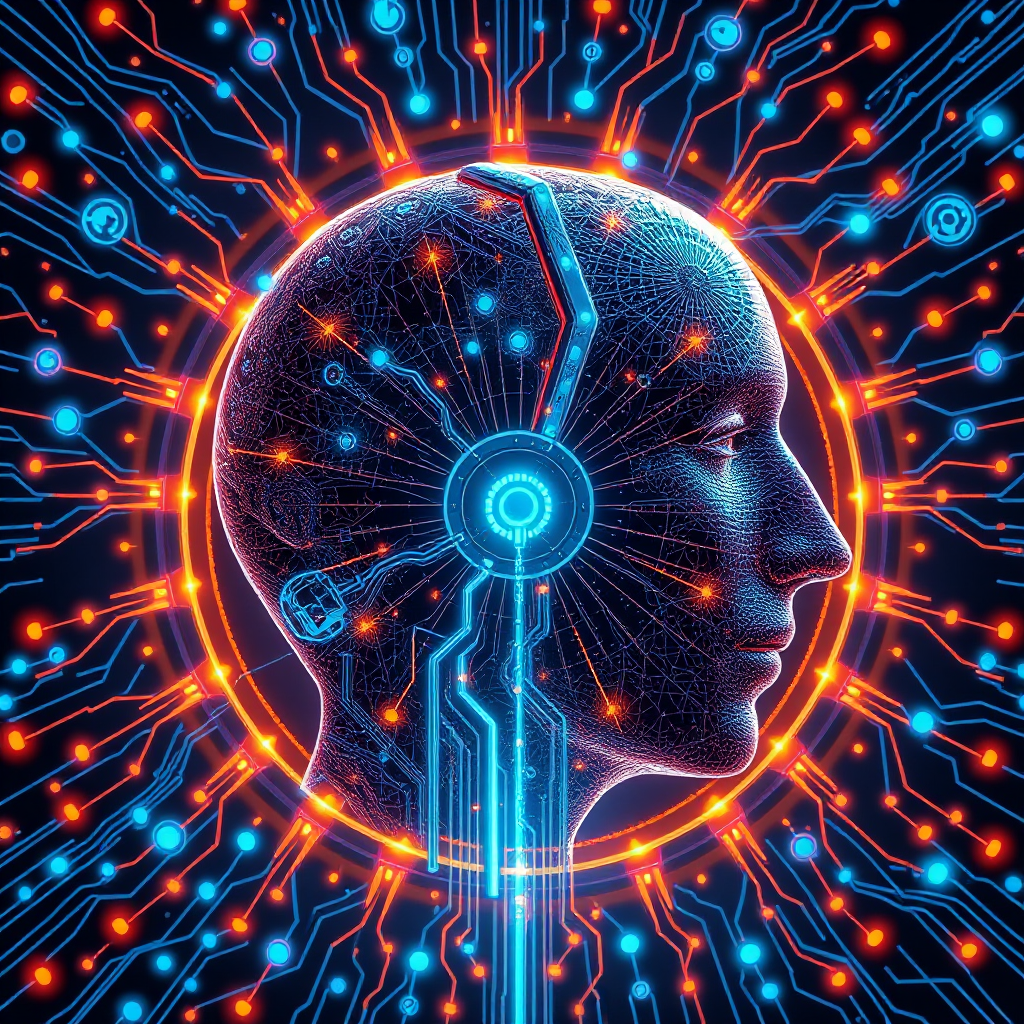
In today’s fast-changing world, autonomous AI agents are quickly becoming game-changers in how businesses and individuals handle their daily work. Unlike traditional AI that waits for detailed instructions, these smart agents can take a big goal, break it down into smaller tasks, make decisions on their own, and carry out those tasks using tools like web browsers, APIs, and code editors-all with very little human supervision. This shift from simple tools to active digital partners is called the “agentic shift,” and it’s transforming the way we get things done.
Thanks to breakthroughs in powerful language models like GPT-4, tools like Auto-GPT, BabyAGI, OpenDevin, and CrewAI have made autonomous agents more capable and reliable than ever. They’re already making a big impact across industries. In marketing, they can research, create content, and fine-tune campaigns without needing constant input. In software development, they help write and debug code and even manage project timelines. Customer service teams use them to sort and solve routine questions, freeing humans to focus on more complex issues. Entrepreneurs, freelancers, and businesses alike are seeing huge productivity boosts as these agents take over repetitive, time-consuming tasks. Plus, they keep learning and adapting, making workflows smarter and more efficient over time.
But with all this power comes important questions. How do we trust these agents to make the right choices? How much control should they have? And how do we make sure they act ethically and transparently? Developers and organizations need to set clear rules and safeguards to ensure autonomous AI helps rather than harms. The companies that successfully blend these agents into their work while keeping humans in the loop will lead the next wave of digital transformation.
Autonomous AI agents aren’t just about automating tasks-they’re about redefining the future of work. They open up new possibilities for collaboration between humans and machines, boosting creativity, efficiency, and innovation in ways we’re only beginning to imagine.





